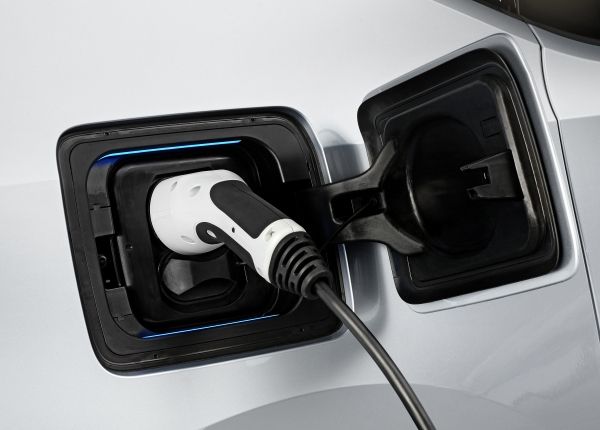Reports have emerged of a possible workplace charging grant to incentivise wider use of electric vehicles (EVs) by businesses around the UK, sparking confusion from the charging point sector.
David Martell, chief executive of charging point manufacturers Chargemaster and Charging Solutions, has been quoted by car news specialist Auto Express and fleet news outlet Business car claiming that he had been told to expect a grant subsidy scheme in the coming weeks.
“We have been informed that there is likely to be a workplace charging grant established this summer by the government. It hasn’t been decided exactly how much the grant will be, but certainly there will be support by the government putting in charging points in work premises,” he said.
Despite claiming a scheme could be unveiled as early as next month, Martell’s assertions so far appear to be unfounded as the Department for Transport (DfT) and the Office for Low Emission Vehicles (OLEV) have so far not published any corresponding policy consultations or announcements.
When contacted this morning by Clean Energy News, Martell would not provide further clarification while a spokesperson for the Department of Transport said: “At this point there’s no firm announcement set. We know there’s an appetite out there from businesses and we know there is a lot of advantages to a scheme like this.”
He added that while there are no firm details currently available, an announcement could be made “a little later in the year” but would not be drawn on further details.
Martell’s claims have therefore caused confusion within the EV charging point sector, particularly as he has also claimed the grants will be offered by a number of suppliers.
Chris Everitt, managing director and founder of EV Charging Solutions, told CEN: “OLEV have no official statement out and yet David Martell is advising the industry there’s a grant coming out and making out that certain companies will be able to apply for it. It shouldn’t be the way to do it.”
Currently there are no electric vehicle support schemes available to businesses, with funding instead allocated to domestic charging installations. The Office of Low Emission Vehicles (OLEV) offers up to £500 towards the installation cost of a domestic charging point through the Electric Vehicle Homecharge Scheme.
Despite the questions that remain over the introduction of a possible scheme, there is little doubt that it would benefit business and the charging point sector alike.
“We do know a lot of companies that if we went back to them and said there was assistance and funding, we would be very busy all of a sudden with guys looking to get infrastructure that was a little too expensive or weren’t too sure,” Everitt explained.
“It would help quite a lot because the commercial market is picking up with more vehicles charging in car parks. You also get user groups who don’t have vehicles yet but have been told by supply chain clients to clean up their business and are looking to put EV charging units in.
“I think it will help with people’s perception as well. If you go to work and see a new charger the first thing you do is ask what it is so it starts conversations.”
However, due to the lack of publically available information on the proposed scheme, questions remain over its implementation. Due to the range of costs associated with charging points, particularly due to differing installations costs, there is a danger that some could claim units cost more than they did in reality in order to secure larger grants.
In addition, the scheme could infringe on European competition law as any businesses subsidised in the UK could have an advantage over others in the EU.
No information was available from DfT or OLEV at the time of publications on the level of financial support or the potential for a future scheme. However a government spokesperson did say that £600 million had been set aside for “schemes like this which support low emission vehicles.”






